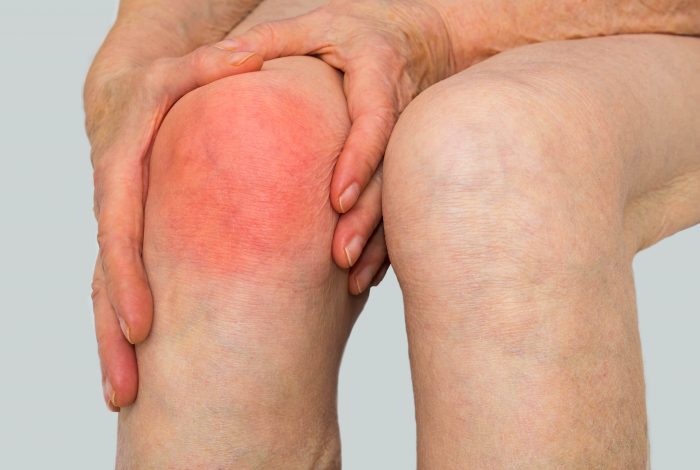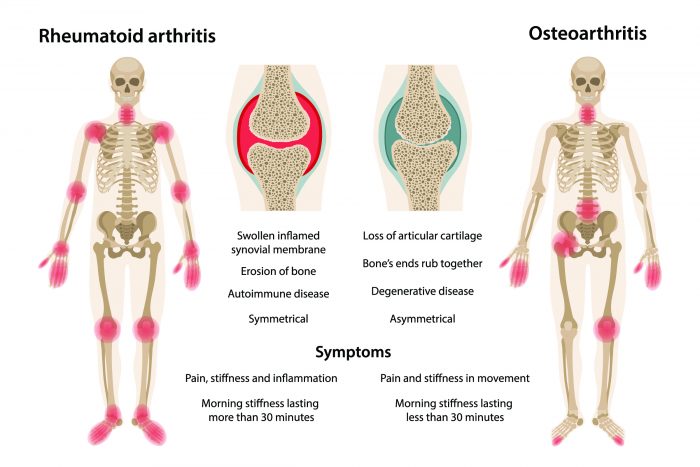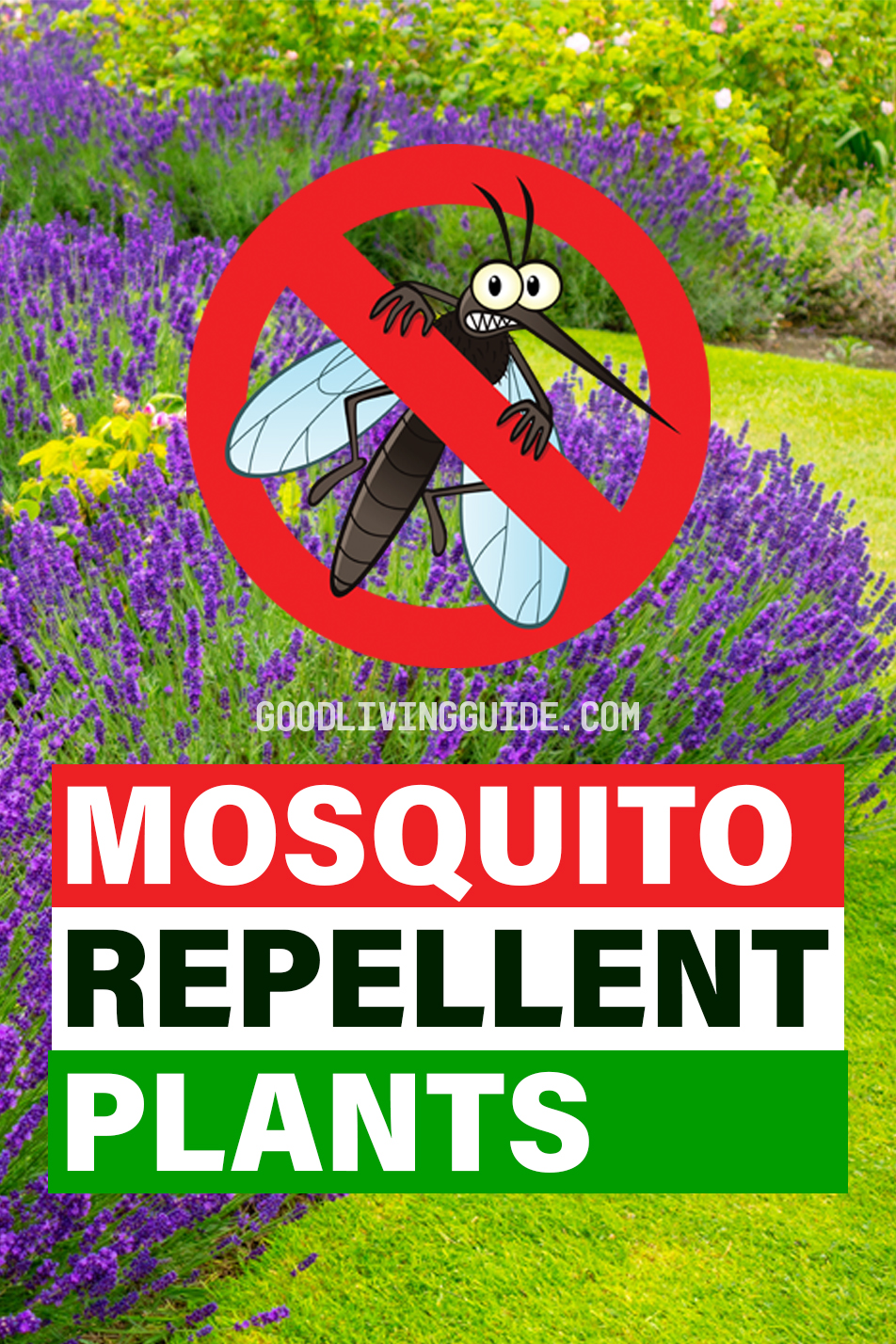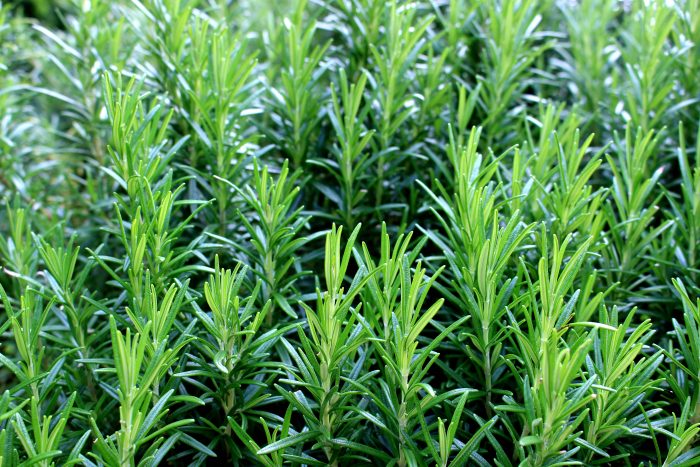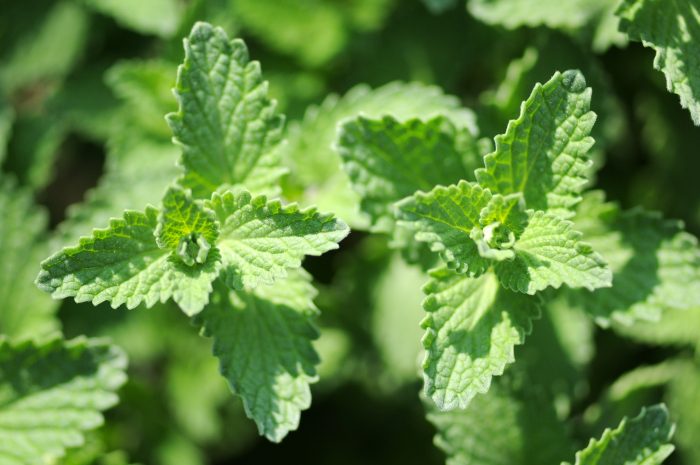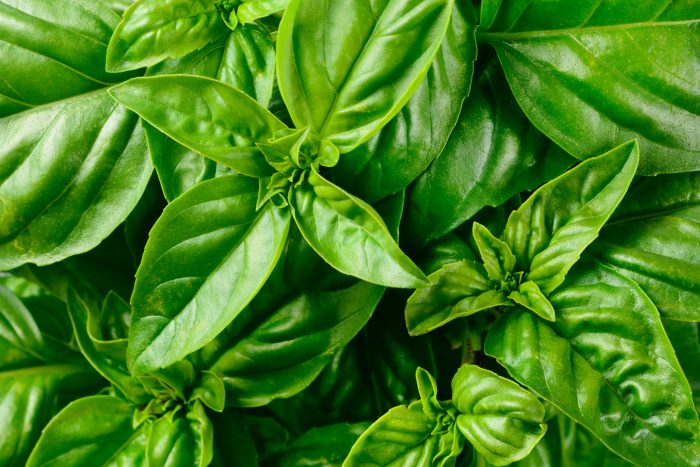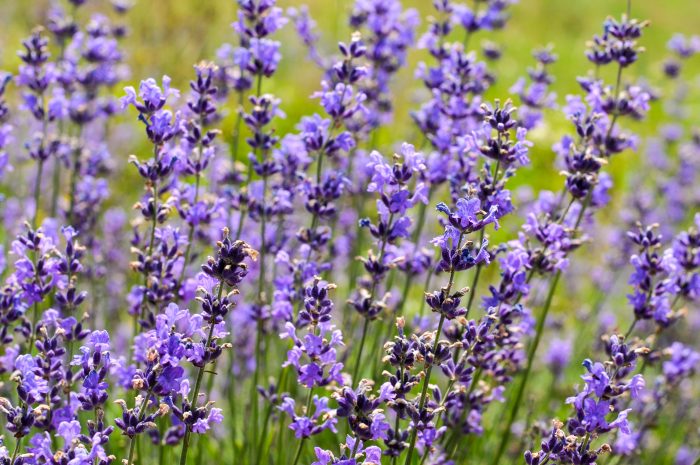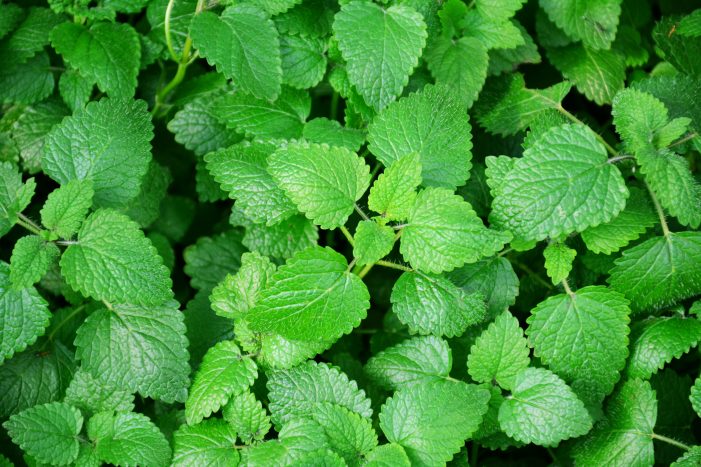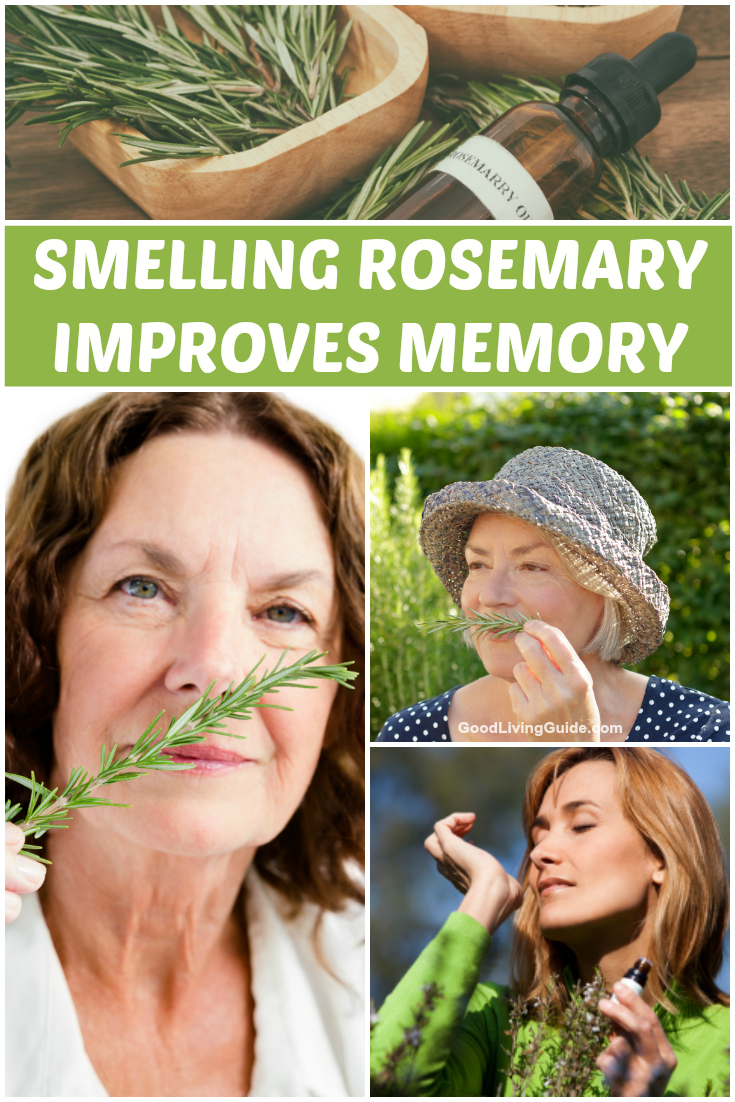Playgrounds aren’t just for children anymore. These days, recreation areas are designed for an aging population. These elder playgrounds come with fitness equipment, free exercise classes and a chance to work out in the great outdoors.
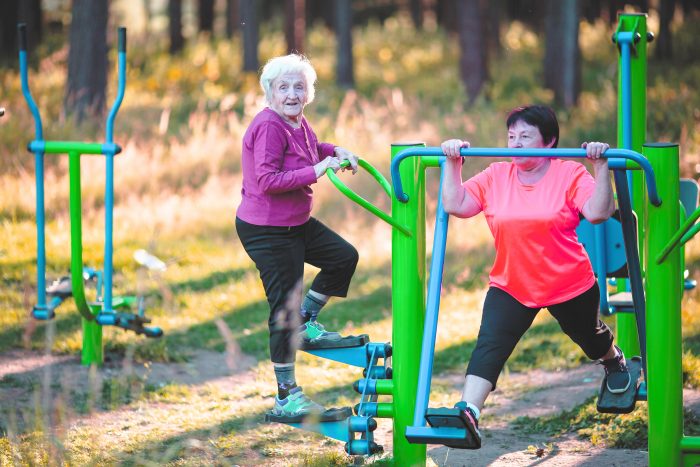
Health and Happiness
Studies have found that these fitness-themed playgrounds do wonders for seniors’ health. Movement is important at all ages. Keeping fit helps seniors develop better balance and core strength while staying mentally alert.
The parks also give seniors a new option for meeting other people. Loneliness is a serious problem for the elderly, and these parks are a great way for them to socialize.
Beach Views and Balance Wheels
In one Galveston, Texas park, seniors can use a variety of fitness equipment, climbing bars and balance wheels while enjoying a gorgeous view of the beach.
Some of the playgrounds are designed to let kids and their grandparents play together. The health organization Humana has declared a mission to build these so-called intergenerational playgrounds in at least 50 cities across the U.S.
They have caught on like wildfire as seniors discover a great alternative to gyms or sitting at home alone. As one senior told a news report, “I don’t mind acting like a kid again.”
Elder Playgrounds Provide Fun For All Ages
The trend began in China and has spread to countries everywhere. In Spain, elderly people are flocking to parks where they can play with their grandchildren instead of just watching them play.
These seniors are enjoying fresh air, exercise and fun with their families. It sounds like the perfect recipe for health and happiness at any age.
- Smelling Rosemary Improves Memory
- Birth Month Flowers and their Meanings
- Scientists Develop Arthritis Vaccine That Blocks Pain
- New Cytophone Laser Detects and Destroys Cancer Cells In Bloodstream
- Grandparents Who Babysit Are Less Likely To Develop Dementia And Alzheimer’s
- Do You Suffer from Chronic Dehydration?









